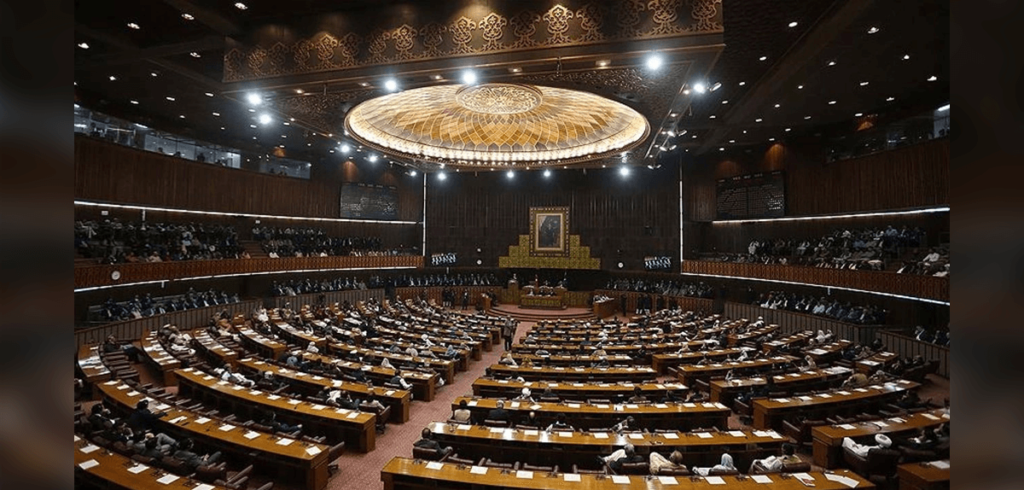As general elections are just around the corner, Pakistan stands at a critical juncture, facing a multitude of challenges and opportunities. To steer the country towards sustainable development and prosperity, the new government must prioritize key areas that can address the pressing needs of its people. In this blog, we will explore the top priorities that should be at the forefront of the government’s agenda.
Economic Revitalization:
A robust and inclusive economy is the bedrock of any thriving nation. The new government must focus on implementing policies that foster economic growth, create jobs, and reduce poverty. Investing in key sectors such as agriculture, industry, and technology can stimulate economic activity and attract both domestic and foreign investments. Additionally, the government should work towards improving the ease of doing business, streamlining regulations, and promoting entrepreneurship to unleash the full potential of Pakistan’s economy.
Education Reform:
Investing in education is an investment in the future. The government must prioritize education reform to ensure that every child has access to quality education. This includes addressing issues such as a lack of infrastructure, teacher training, and curriculum development. A well-educated population is not only essential for individual empowerment but also for the overall progress and innovation of the nation.
Healthcare Overhaul:
The COVID-19 pandemic has underscored the importance of a robust healthcare system. The government should prioritize healthcare reform to enhance the accessibility and quality of medical services across the country. This involves investing in healthcare infrastructure, training healthcare professionals, and ensuring the availability of essential medicines. A healthy population is not only more productive but also better equipped to face unforeseen challenges.
Infrastructure Development:
Modern infrastructure is a catalyst for economic growth. The new government must focus on developing and upgrading critical infrastructure such as roads, bridges, and energy facilities. A well-connected and energy-efficient infrastructure not only facilitates the movement of goods and people but also attracts investment and promotes regional development.
Social Welfare Programs:
Addressing poverty and inequality requires targeted social welfare programs. The government should design and implement initiatives that provide a safety net for the most vulnerable segments of society. This includes cash transfer programs, food assistance, and affordable housing initiatives. By lifting people out of poverty, the government can create a more equitable and just society.
Climate Action:
Pakistan is vulnerable to the impacts of climate change, including extreme weather events and water scarcity. The government must prioritize climate action by investing in renewable energy, implementing sustainable agricultural practices, and enhancing disaster preparedness. A commitment to environmental stewardship not only safeguards the nation’s natural resources but also contributes to global efforts to combat climate change.
Conclusion:
The road ahead for Pakistan is filled with challenges, but it is also laden with opportunities for growth and prosperity. By focusing on economic revitalization, education reform, healthcare overhaul, infrastructure development, social welfare programs, and climate action, the new government can set the stage for a brighter future. As the nation embarks on this journey, it is crucial for leaders to work collaboratively, listen to the needs of the people, and remain steadfast in their commitment to building a prosperous and inclusive Pakistan.

